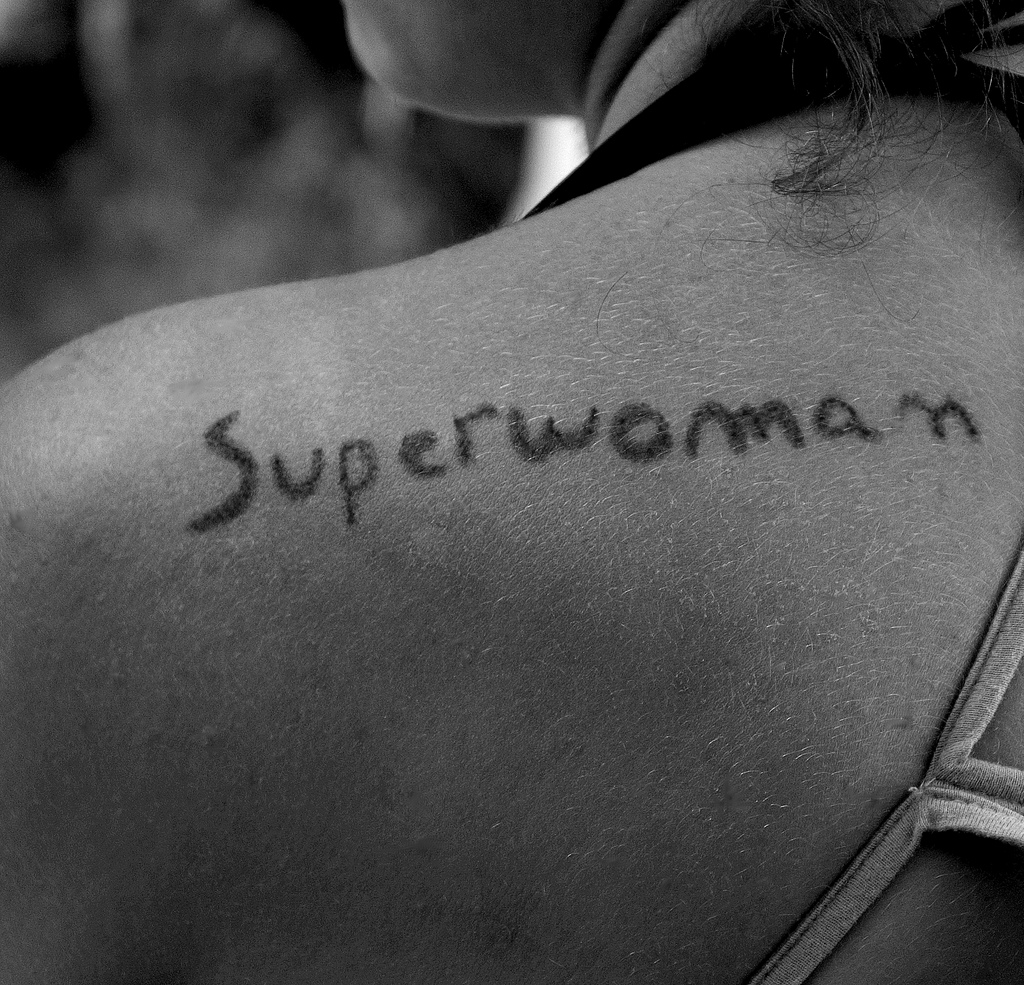Being a woman in your 30’s and early 40’s is no easy task. You’re trying to make it in your career - arriving at work early and leaving late, and probably earning less than your male colleagues (income equality? what’s that?).
You’re also trying to start a family, without letting on to your boss that you’re going to be going on maternity leave sometime soon. Yes feminism may have made a start but there is still a long way to go in today’s workplace.
Your parter wants a child too and he does his best to be supportive. “Don’t worry. Just try and relax. It’ll happen.” He’s well meaning but he can’t really understand it when you’re period comes again and you sob with frustration and anguish. He’s doing his best but his mind works in a practical, rational manner. He wants to solve the problem but he doesn’t realise that at that moment you just need to be heard and held.
If you’re a man reading this you may have noticed this frustration when you focus on practical solutions. I’ve had to learn the hard way that this is usually not the best way to help my partner when she’s upset.
I have a huge admiration and respect for the woman who come to my clinic. They are doing an incredible job of keeping it all together. Their relationship, their career, their huge desire to have a child that they can’t really talk to anyone about. The sense of isolation and the feeling that nobody really understands what they’re going through.
Imagine if being a great mother got you as much respect and admiration in our society as being a great footballer, or a film star. What greater gift is there to give to a child and yet what a thankless role. Yes society’s values are completely topsy turvy. As the saying goes: “Do not adjust your TV, there is a fault in reality.”
This is all very well you may be saying “but what can I do to help myself in this situation?” The bills still need to get paid and this baby’s not going to make itself. Well very often just to recognise that you are under a lot of conflicting pressures is the arising of a new way of being.
Just to see that this is an extremely difficult situation and that you are doing the best you can. It’s so easy to give yourself a hard time. We do it all the time. “Oh well Suzanne is coping much better. I should be able to manage this.” The hard time that we give ourselves is actually a large part of the pressure we feel. Not to mention a huge cause of strain on the body.
What we don’t realise is that Suzanne is struggling just as hard as you to keep it all together. Struggling to keep up the appearance that everything is just fine and hunky dory. Under the surface is a very different story.
Over the years I’ve treated hundreds of people and I have yet to meet someone who isn’t struggling in some area of their life. We’re all crying put to talk about what is really going on in our life. The hurt, the anguish the pain as well as the joy and the elation.
But as long as we’re burying the pain and the anguish we cannot truly experience the joy and the elation. Feelings just don’t work like that.
As author and researcher Brene Brown says:
"We cannot selectively numb emotions, when we numb the painful emotions, we also numb the positive emotions."
We are so afraid to be vulnerable, even to the people closest to us. Because we think vulnerability is a weakness. But the ability to vulnerable with the people who care about us is actually a huge strength that should be celebrated. Just to be able to say “Look I’m really struggling with this” can be liberating.
I was teaching recently with my new acupuncture students. I had been suffering with back pain all week. It was brought on by the pressure of putting together a programme that I had never taught before. At the start of the class we had a check in to see how everyone was feeling. My aim is to encourage vulnerability but also to practice listening as a skill. When it was my turn to share I realised that the biggest thing on my mind the last few days had been the excruciating back pain.
I realised I needed to talk about it. I got to the bit where I saw that the pain had started when I started the acupuncture school and that it was the anxiety of trying to making it perfect that had brought it on.
Could I really share this? I was meant to be the teacher. Would this make the students doubt my abilities?
“No” I said to myself. “This is exactly what I need to be modeling.”
As soon as I told the whole story I felt a weight lift from my shoulders. I didn’t need to be tough and keep it all under wraps. The students responded well too and they brought a vulnerability into their own sharing. It brought us all closer and helped to gel the group together.
What’s more, the next day my back pain was almost completely gone!
“Through my research, I found that vulnerability is the glue that holds relationships together. It’s the magic sauce.”
- Researcher and author, Brene Brown
How else can we truly be accepted and loved, if we don’t let people see us for who we are. Warts and all.
We don’t have to be a superwoman or a superman to be worthy of being loved. We just need to be ourselves and to allow the people who matter behind the hardened wall of protection.
This is more than just about having a child. This is about being about being a parent who is able to model what vulnerability looks like to their child. Knowing that you are helping to bring a being into the world who has the tools they need to thrive, not just survive.
Here's to allowing yourself to be exactly how you are,
Michael Arnold










